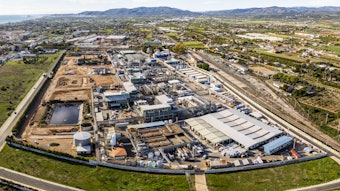In many respects the present state of world trade in natural essential oils is more critical than it has ever been in its long history. The growing impact of powerful economic forces on the world’s flavour ind fragrance industries has been forcing perfumers and flavorists to reappraise their formulations more critically than ever before under pressure from financial controllers. Indeed these technical specialists nowadays have to possess a much greater degree of cost-awareness than would have been thought remotely necessary even ten years ago. Real profit and trading margins have become steadily tighter and heavy long-term investment more and more risky, while the dampening influence of current world recessionary tendencies on cash flows has reduced the margin for errors of judgement virtually to vanishing point.
Successive recessions apart, however, it is the recent decade of inflation that the various participants in the trading chain would be most inclined to blame for the present difficulties confronting natural oils. Even those producers who are not dependent on fuel oil as a source of energy have nonetheless been substantially affected by the sharp oil price rises of the 1970s, in terms both of the general cost of living and of the specific effects on the prices of agricultural inputs such as fertilisers. In consequence, they have been forced either to reduce the amounts of agricultural and other inputs employed, with an attendant risk of reduced plant yields or lower product quality, or else to demand compensating increases in the ex-still prices of their products in order to restore their margins, even in those instances where the oils concerned have not been the primary source of their purchasing power. This pressure is probably least felt in those areas with the largest measure of dependence on subsistence agriculture, but there are few essential oils which come anywhere near being totally insulated from the effects of rising world costs. It is perhaps worth noting that the cost of firewood, widely used as a heat source, is in many areas no longer negligible as the incidence of scarcity increases. Producers who depend more for their needs on the market economy in general, and on fuel oil and costly fertilisers in particular, have felt the full effects of rising costs much more quickly.










